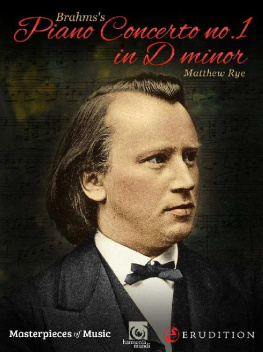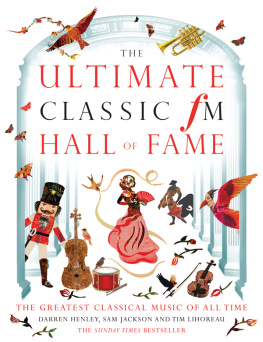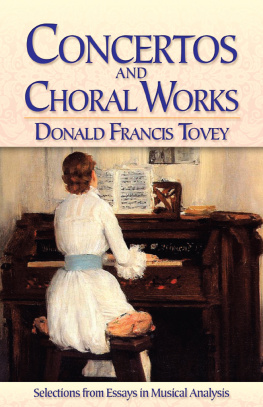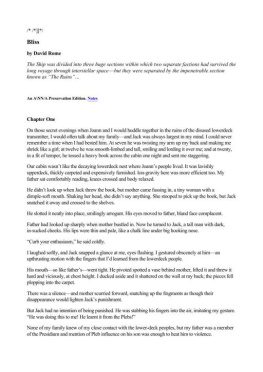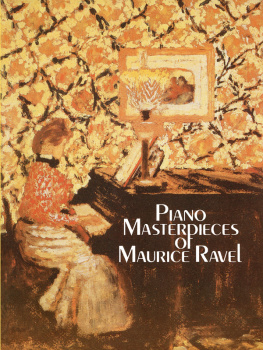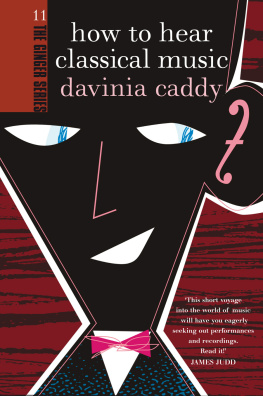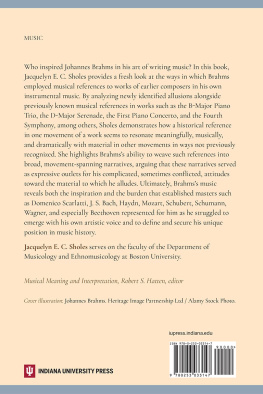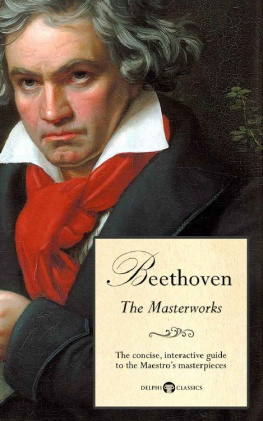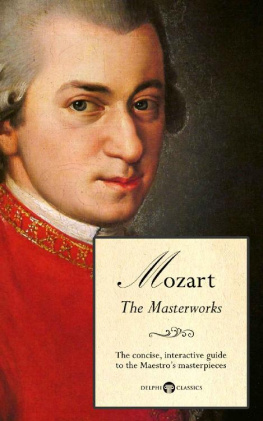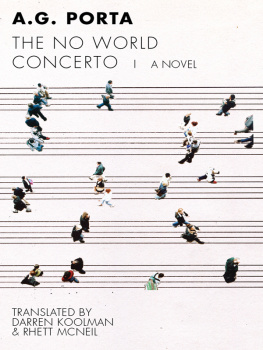About the Masterpieces of Music Series
Masterpieces of Music is a series of eBook guides to the greatest classical works. Each eBook combines the latest scholarship with multimedia content and interactive functionality to bring some of the best-loved pieces of music to life in an accessible and engaging way. Whether you are just beginning to explore classical music or have loved it all your life, Masterpieces of Music will enhance your appreciation and understanding of some of the worlds most significant cultural icons.
Series Partner - Harmonia Mundi
Founded in 1958, harmonia mundi is today the oldest independent classical record label in existence. After a series of recordings of organ music, Bernard Coutaz, the founder, offered a contract of collaboration to Alfred Deller, who remained faithful to his record company until his death in 1979. Nowadays harmonia mundi is proud of a vast catalogue that covers all repertories, from early music to the music of the twenty-first century, and of the exceptional loyalty of its musicians, such as Ren Jacobs, who, after more than thirty-five years working with the label, still records for it alongside musicians of the younger generation. Such constancy and fidelity have earned harmonia mundi a unique place in the world of sound recording.

About the Author

Author Matthew Rye studied music at Magdalen College, Oxford, and has spent his career in music journalism as a writer, editor and critic. He has written numerous programme and CD booklet notes, was a reviewer for the Daily Telegraph for 13 years and BBC Music Magazine for over 15, and has also written for the Independent,Sunday Times, Musical Times, The Wagner Journal and other publications. He contributed to The New Grove Dictionary of Music and Musicians (2nd edition), The Rough Guide to Classical Music, The Blackwell History of Music in Britain and was general editor of 1001 Classical Recordings You Must Hear Before You Die (Cassell Illustrated, 2007). He is currently reviews editor of The Strad.
Table of Contents
Walk-through
How to use this publication
Thank you for purchasing or downloading our Kindle edition. The following notes are provided as a brief introduction to how to use the features of this format:
Table of contents weve included a table of contents so that you can jump to sections within the publication by tapping on the section titles. To return to the table of contents, simply tap the menu at the top left of the screen and then tap 'Table of Contents'.
Audio please note that you need to be online to listen to the audio in this format. Audio samples are provided as links within the text and clicking on these links will take you to a separate browser window in which you can listen to the audio.
Pop-ups the Kindle format doesnt support pop-ups therefore any supplementary information that would usually appear in a pop-up is included at the end of the publication in the . Links to pop-ups therefore jump to these pages and you will need to use the Back button to return to your original location (this is usually located on the location indicator at the bottom of the screen or as a separate button on your device).
Support
Please visit .
Publication features
Audio playback Audio excerpts can be played by clicking on the highlighted 'play the audio' links. There are two types of audio excerpts, simplified versions played on a keyboard and excerpts from a full recording featuring key moments. Those in the grey boxes are excerpts taken from the full recording. This publication is intended as a walk-through guide to accompany a recording. The excerpts featured in this publication are from the Cdric Tiberghien, Ji Blohlvek/BBC Symphony Orchestra (Harmonia Mundi) 2007 recording, which is available to buy here. |
Links Glossary definitions, related musical excerpts, links to other parts of the publication and to external resources can be accessed by clicking on the red highlighted text. |
Supplementary articles Supplementary articles or resources can be accessed using the red highlighted links in the text. |
Enhanced timelines Enhanced timelines open as separate browser pages and allow for a more visual, interactive view of the timelines contained within the publication. |
Walkthrough features This publication features a comprehensive step-by-step walk through of the work. Each step may have the following additional features accessible at the beginning of the step: |
Resources listing A detailed index of resources including related listening, recordings, supplementary articles, a glossary and links to enhanced and interactive features is accessible via the Resources section at the end of the publication. |
Please click here for the FAQs and details on how to obtain further assistance if necessary.
Background
Piano Concerto no.1 in D minor op.15
The mid-1850s: the British Pre-Raphaelites were at their height, Richard Wagner was composing the Ring and Tristan, Charles Dickens was publishing story after story... and Johannes Brahms was beginning to make a name for himself as the successor to Schumann in the pantheon of German music. Brahms was still in his early 20s, and had not yet grown the beard that would later give him the grizzly, grand-old-man visage. Although not sharing the revolutionary spirit of the New German School fostered by Liszt, he was nonetheless regarded in some circles as a radical figure, ambitious and determined to make his own mark. His own revolutionary act was to draw the Classical ideal of formal rigour and the emotional volatility of Romanticism into a single musical voice. This marriage is best represented among his early works by the piano concerto he wrote during the 1850s. Typical of great works of art, its creation was troubled and its initial reception unfavourable. But what the young composer brought into being was a work that combined the virtuoso needs of the concerto with the seriousness of the Beethovenian symphony. On a more personal level, it can be seen as a response to his life-changing meeting with the Schumanns, and his witnessing of Roberts tragic mental decline, yet it is no less a monument to his own genius and a work that is universal in its depiction of struggle and resolution.
"One of the grandest surprises in music since Beethoven"
Donald Tovey on an unexpected chord in the first movement
Composer profile
For someone who effectively became one of the aristocrats of European art music, Brahms had humble beginnings. He grew up in the rough port area of Hamburg, living in an effective slum and earning his first money playing the piano in brothels. Yet the city was a cultured place and offered the young Brahms a good musical education and openings for his emerging talents as a pianist and composer. His piano-playing brought him into contact with the Hungarian violin virtuoso Joseph Joachim, who became a great friend and helped foster the young composers early career, which at this stage was concentrated on piano music.

